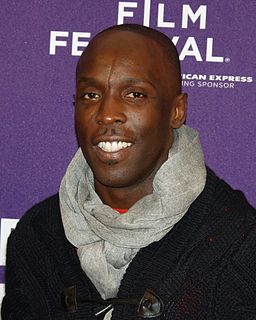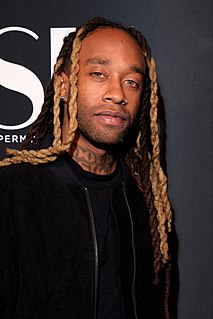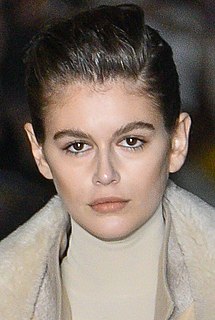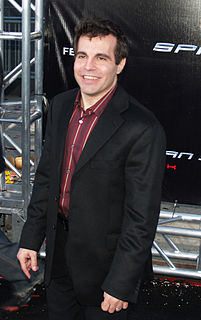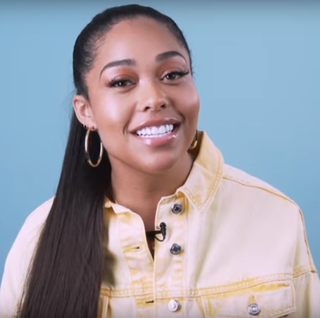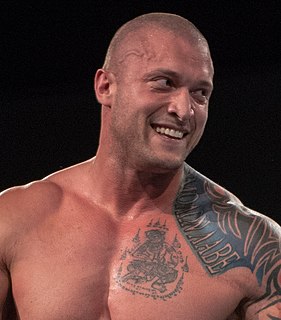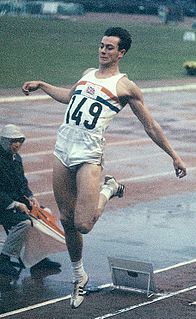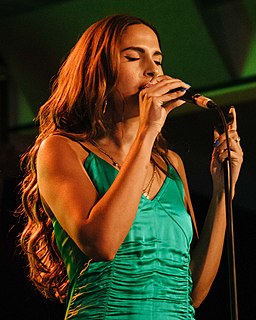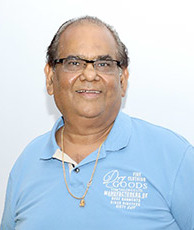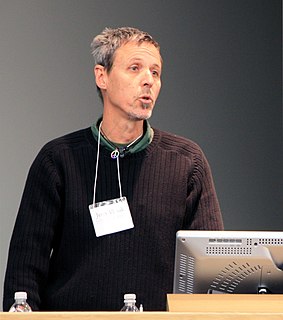A Quote by Tom Brokaw
My own strong feeling was that the gay liberation movement really got national attraction in the truest sense of the word later in the '70s, in the '80s, and especially in the '90s.
Related Quotes
My childhood was pretty colorful; I like to use the word turbulent. But it was a great time to grow up, the '70s and '80s in Brooklyn, East Flatbush. It was culturally diverse: You had Italian culture, American culture, the Caribbean West Indian culture, the Hasidic Jewish culture. Everything was kind of like right there in your face. A lot of violence, you know, especially toward the '80s the neighborhood got really violent, but it made me who I am, it made me strong.
I've got all of the old school vinyls from the '70s - even further back, like the jazz music in the '40s, '50s, '60s. Then I've got all the '80s stuff underground, hip-hop when hip-hop really first started. The '90s stuff. All of the good stuff, because I'm really into music, and it helps me create new songs now.
When I began writing poems, it was in the late 60s and early 70s when the literary and cultural atmosphere was very much affected by what was going on in the world, which was, in succession, the civil rights movement, the antiwar movement, and the women's movement in the 60s, 70s, and into the early 80s. And all of those things affected me and affected my thinking, particularly the Vietnam War.
It won't ruin our movement if someone gets killed in an animal rights action. It's going to happen sooner or later. The Animal Liberation Front, the Earth Liberation Front - sooner or later there's going to be someone getting hurt. And we have to accept that fact. It's going to happen. It's not going to hurt our movement. Our movement will go on. And it's important that we not let the bully pulpit of the FBI and the other oppression agencies stop us from what we're doing. They are the violent ones. They are the terrorists ... we have to keep doing what we're doing.


